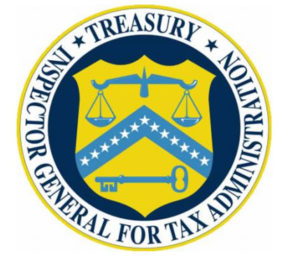National Taxpayer Advocate 2014 Annual Report to Congress
Monday, January 19th, 2015 @ 4:43PM
National Taxpayer Advocate Nina E. Olson today released her 2014 annual report to Congress, which expresses concern that taxpayers this year are likely to receive the worst levels of taxpayer service since at least 2001 when the IRS implemented its current performance measures.
The National Taxpayer Advocate’s (NTA) Annual Report to Congress creates a dialogue within the IRS and the highest levels of government to address taxpayers’ problems, protect taxpayers’ rights, and ease taxpayers’ burden.
The Internal Revenue Code provides dozens of real and substantive rights that protect taxpayers from unfair and unjust treatment. However, taxpayers may not take advantage of their rights because they are not aware of them. Although the IRS has adopted a Taxpayer Bill of Rights (TBOR), there is no general statement of core taxpayer rights and responsibilities in the Internal Revenue Code.
A 2012 survey found less than half of all U.S. taxpayers believe they have rights before the IRS, and only 11% said they knew what those rights are. Taxpayers have no simple way to identify or locate rights in the Code, because they are scattered throughout its various sections.
Rights become diluted over time when they are not updated to reflect the current environment, or fine-tuned to account for changes in tax administration. They become ineffective if there is no enforceable remedy for violations, and if they are based on administrative practice instead of a statutory direction, and thus are subject to change.
Since the IRS Restructuring and Reform Act of 1998 was enacted more than 16 years ago, there has been no major taxpayer protection legislation passed by both houses of Congress. The National Taxpayer Advocate recommends that Congress codify the Taxpayer Bill of Rights that sets forth the fundamental rights and obligations of U.S. taxpayers.
She also recommends that Congress provide an appropriate level of funding for the IRS so it can properly undertake, implement, and train its employees about taxpayer rights provisions; and require annual joint oversight hearings to help identify and address problem areas, with specific focus on how the IRS is meeting the needs of particular taxpayer segments and how it is protecting taxpayer rights.
Posted by Robert Strait
Categories: Government report











